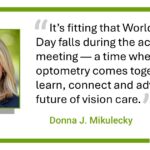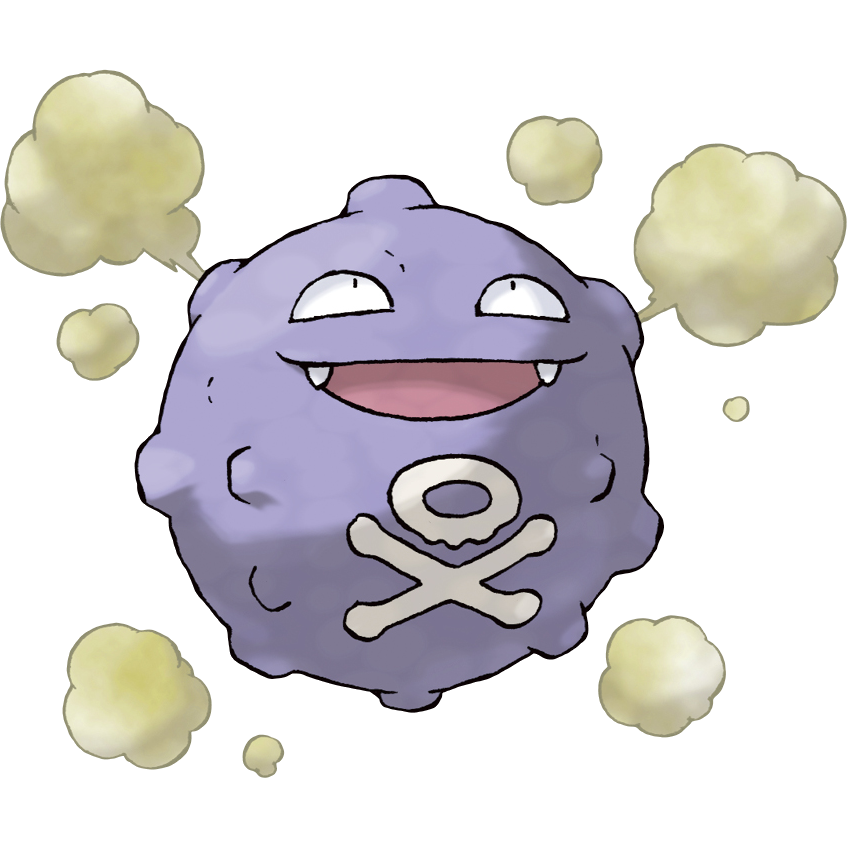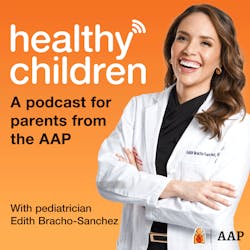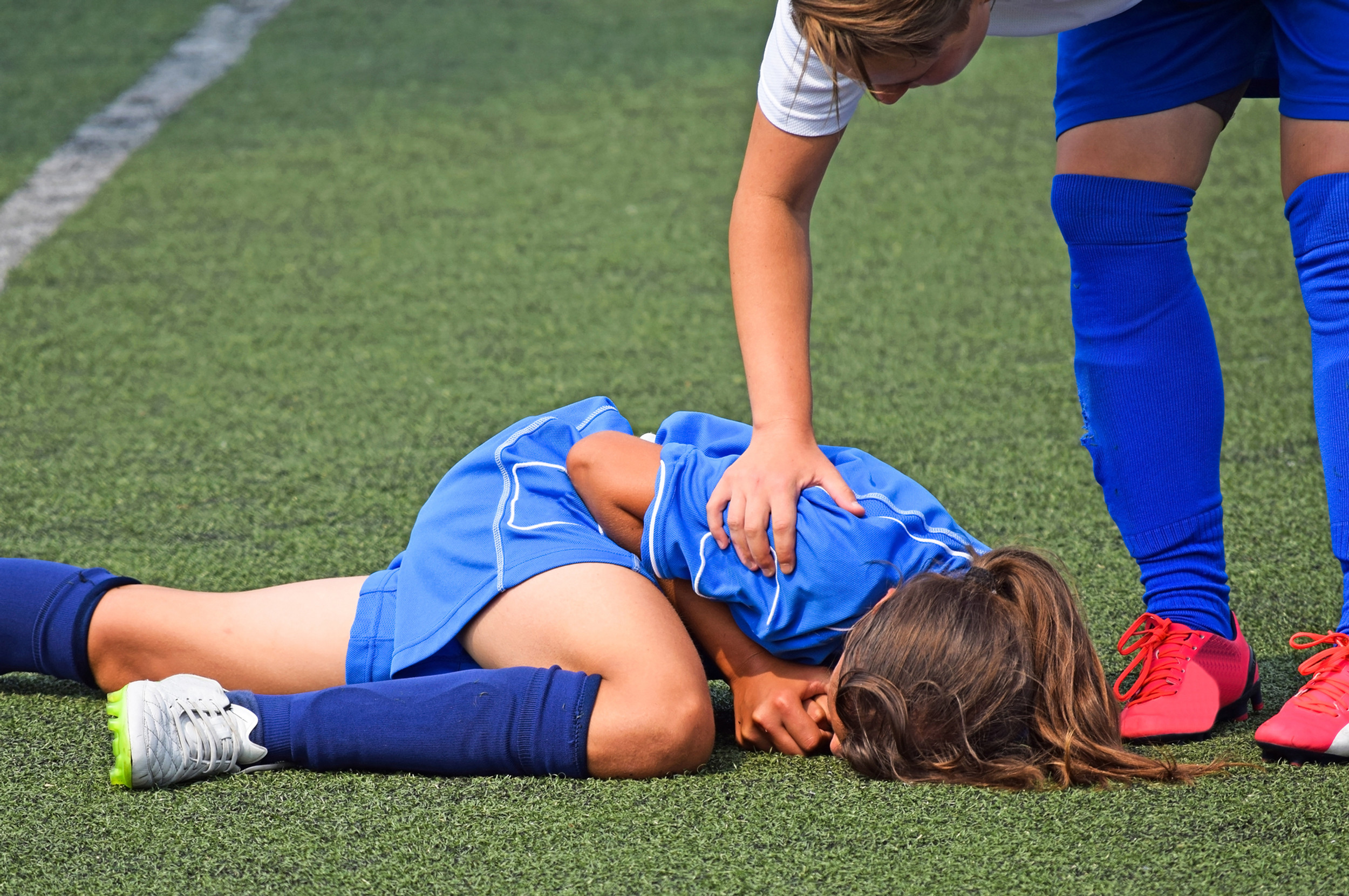We seem to be — finally! — crawling out of the mess of the COVID-19 pandemic, at least in the USA. Overall case loads and hospitalizations continue to drop, especially among vaccinated people and highly-vaccinated communities. There’s been a dramatic fall in COVID cases at my office, and people are becoming more comfortable getting out and getting together. It’s not over, but I think it’s fair to say we’re at the beginning of the end. While there’s still plenty to learn about COVID-19, some things have become clear. There are lessons we can learn to make our response to the the next public health crisis more successful.
Masks work. This wasn’t known at first, and mixed messaging slowed uptake and left some lingering doubts. But the science is clear: masks help limit the spread of respiratory infections like COVID-19. No, they’re not perfect. No, they’re not the only way, or the best way, to stop a pandemic. But they’re a safe and useful tool as part of a public health response.
Lockdowns are a mixed bag. Lockdowns did help limit the spread of COVID, or at least slowed it down, especially in the initial phases of the pandemic. But there were — and still are — significant drawbacks. Economic hardship caused difficulty in access and the affordability of health care and child care, and social isolation was a tremendous hardship especially for older people. Closing schools for months on end was a disaster for many children, especially the most vulnerable. Lockdowns may be needed in the future, but they should be done with great care, targeting small areas only when necessary.
Evidence changes. This can be a tough one to swallow. But just because scientists were mistaken about certain things doesn’t mean they were wrong. Evidence changes as we learn more, and our advice and conclusions have to change too. Some examples: initial evidence led some well-meaning physicians to advise using hydroxychloroquine to treat COVID, or to focus on scrubbing and disinfecting surfaces to prevent COVID’s spread. Better, later evidence showed this advice was wrong, and the advice needed to change. Too many people focused on picking teams and trying to prove that they were right instead of following the best evidence as it accumulated.
mRNA vaccines rock. mRNA-based technology had been in development for decades, but the speed at which it was repurposed for massive vaccine development programs was astounding. Inventing incredibly effective and safe vaccines against COVID, literally in the span of a few months, will be remembered as one of history’s greatest public health triumphs. That same technology is already being used to develop vaccines against HIV and improved influenza vaccines, and powerful treatments for cancer and other diseases.
Inequities are magnified in a crisis. The disparate impact of COVID and its complications on people of color and economically disadvantaged neighborhoods is a tragedy and a national shame. School closures, shuttered businesses, and a lack of health care access fueled a nightmare that hit the most vulnerable the hardest. We must do better.
Public health messaging is difficult but crucial. In a time of crisis and uncertainty, it’s especially important for public health leaders to reach out with information that’s clear and practical. It’s a crowded public space, with entertainers, politicians, scientists, and community leaders all clambering to have their voices heard. Sometimes it seemed like the people with the worst advice were heard the loudest, leading to confusion and unnecessary worry. Amplifying sanity is a necessary part of a crisis response.
This will not be the last worldwide public health crisis – it’s going to happen again, maybe with an infection that’s even more transmissible than COVID-19. We’ve got lessons to learn from our response to this pandemic. I know: we’re tired, and we’d love to move on. But we need to step back and study what happened so we can do better next time. I don’t mean fingerpointing — there’s plenty of that already. But a genuine, sincere, and objective look at what we’ve learned is the best way to prepare for next time.

Explore posts in the same categories: Medical problems









